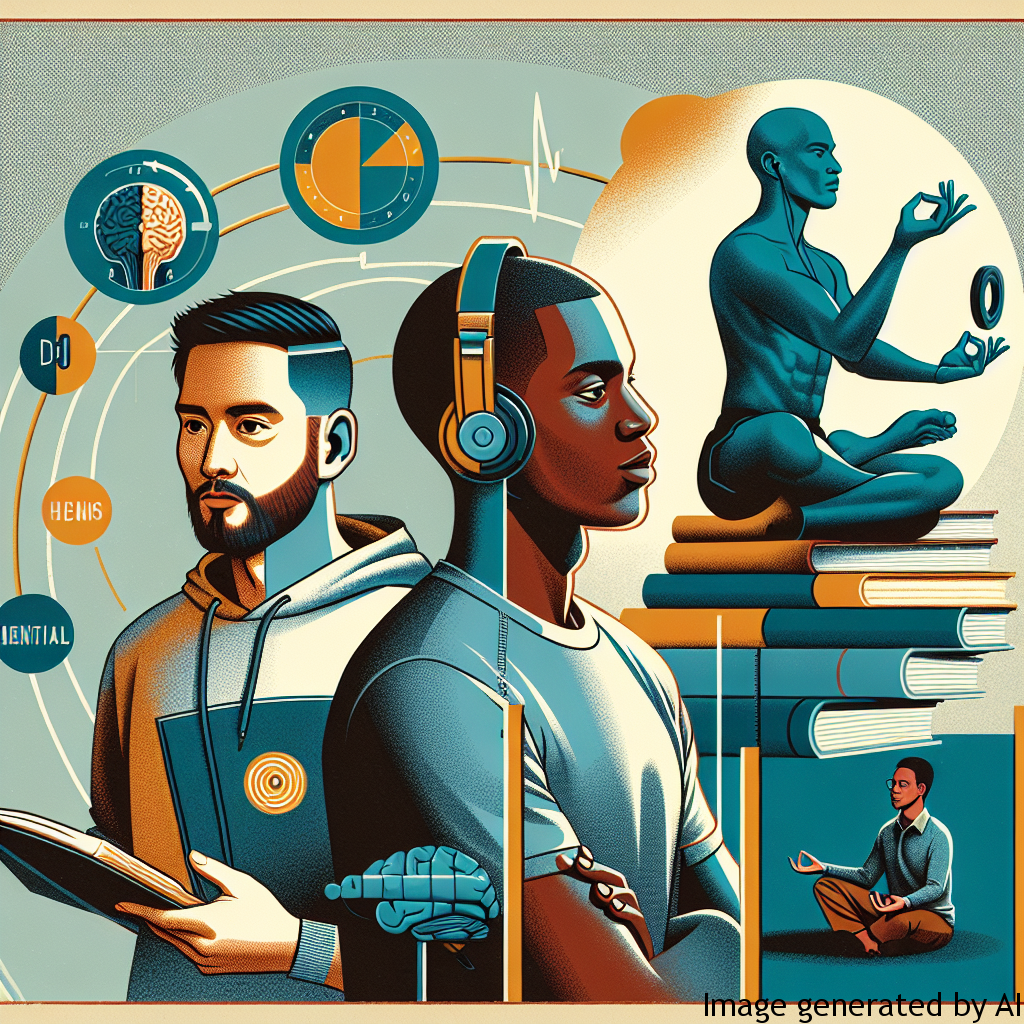Introduction
Sex, gender, and religion are enormously influential in the lives of individuals, forming identities, shaping behaviors, and guiding beliefs. These topics have been a subject of discourse for centuries, with philosophy, psychology, sociology, and theology offering unique perspectives. This article will delve into the complex dynamics of gender expectations, particularly their implication for men’s psychological health, and how religion plays a significant role in enforcing these expectations. It will also provide guidance on addressing the deleterious effects of rigid gender roles on men’s mental health.
Description of Gender Expectations and Their Effects on Men’s Psychological Health
The Culture of Masculinity
Traditionally, men have been expected to be strong, independent, assertive, and emotionally resilient. Rooted in cultural and religious doctrines, these norms pressure men to mask vulnerabilities and suppress emotions, which can lead to greater psychological distress, stress, and anxiety.
Religion and Masculinity
Religious narratives have often served to reinforce the traditional ideals of masculinity. Men are presented as leaders, warriors, and providers, which affirms the existing societal expectations from them. This aligns with the stereotype perpetuated by society and may contribute to psychological insecurities when these expectations are not met.
Examples of How Gender Roles Can Affect Men’s Lives
An adherence to traditional gender roles potentially affects men’s relationships, physical health, and mental health. Men who do not conform to these roles might feel stigmatized or experience social rejection. In work settings, the “macho” culture may discourage men from expressing their feelings openly, contributing to higher stress levels and lower job satisfaction. In relationships, the expectation of always being the ‘rock’ can lead to emotional exhaustion and relationship issues.
Tips for Improving Psychological Health with Gender Roles in Mind
Addressing harmful gender roles first requires acknowledging their existence and their influence on men’s mental health. Men should be encouraged to pursue emotional literacy, meaning identifying, understanding, and expressing their emotions openly. Professional mental health services can be of significant help, and societies and religions should work towards an environment where seeking such help is not seen as a sign of vulnerability, but strength. It’s also crucial to actively rewrite and challenge harmful masculine norms within religious and societal contexts.
Conclusion
Understanding the intersection of gender, sex, and religion can significantly enhance our ability to address the psychological challenges faced by men. By reshaping rigid gender roles and the expectations they bring, creating supportive environments for emotional expression, and encouraging professional help-seeking, we can enhance the psychological health and wellbeing of all men.

